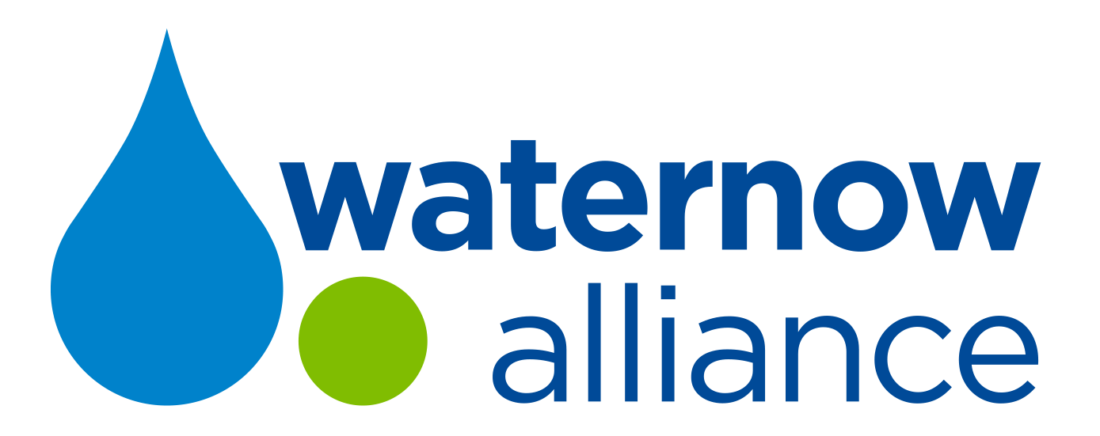Water utilities nationwide are facing major financial challenges at exactly the time when these essential drinking water, wastewater and stormwater services are more important than ever, particularly for families and businesses struggling with the COVID-19 pandemic and related local economic impacts. WaterNow has been working to educate federal decision makers about how critical these challenges are, and how these local agencies – responsible for 95% of water infrastructure spending – are in need of federal resources to adequately serve the public, particularly those most in need.
WaterNow was asked to engage in an initiative in Colorado to elevate for the congressional delegation the urgency of financing water infrastructure needs and ensuring that all people statewide have uninterrupted access to essential water services during this moment of national crisis, while maintaining the fiscal health of public water resource providers. We are pleased to share that as a result of this effort, more than 35 Colorado cities, towns, community groups and utilities - including the state’s largest water utility, Denver Water – have come together to ask Congress to address vital water infrastructure and affordability needs at the local level. In a public health crisis, people must wash their hands—and in an economic crisis, many need extra support to keep up with their water bills.
Water utilities are in the business of providing the most essential service of all – water – to everyone, and none want to limit service for any reason. These cities, towns and water agencies require financial support to remain fiscally viable and healthy. That’s why having Congress address this issue is so timely and important right now.
This coalition is urging that Congress take the following steps as part of the next federal stimulus package or other pending congressional actions:
- Support sustainable and affordable water infrastructure by providing $100 billion over five years for Clean Water and Drinking Water State Revolving Funds;
- Help struggling households pay for water by providing $4 billion for grants to states for a Low-Income Households Drinking Water and Wastewater Assistance/Affordability Program;
- Provide emergency funding to affected water utilities to help offset lost revenue, including the costs of shutoff moratoriums and other essential public health protections; and
- Ensure that any water utility receiving funding has a shutoff moratorium and safe reconnection policy that ensures water access through the duration of the COVID-19 crisis and financial relief to vulnerable customers for a time afterward.
For more information, and how you can stay involved in these issues, feel free to reach out to us: [email protected]





